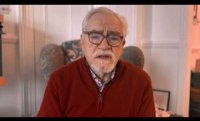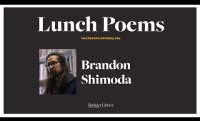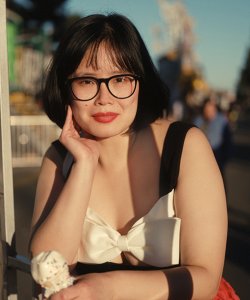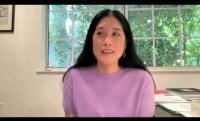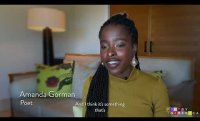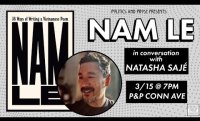The Last Friend
“The day the last friend / dies / we sit alone. / A visitor / from outer space / tries hard / to summon us. / Someone says / EAT DEATH. / I fish around for answers / but the questions / still won’t come,” writes Jerome Rothenberg, who passed away in April, in his poem “The Last Friend.” Included in his collection of one hundred poems, A Book of Witness: Spells & Gris-Gris (New Directions, 2022), the poem presents a list of statements and observations, many of which refer to death or dying in some personal way, though the connections are enigmatic and the logical progression is oblique. Try your hand at writing a poem that mentions its subject directly, but which also deliberately obfuscates or remains ambiguous in its intentions. How might using the “I” as a witness include the reader into your point of view?





